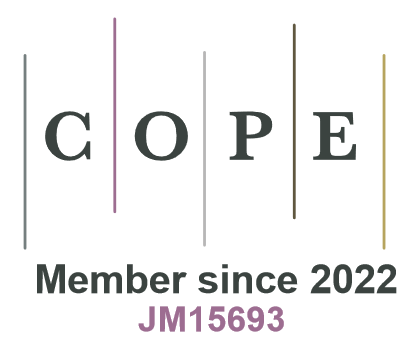Testing the Trivers-Willard Hypothesis on Polish kings and dukes
DOI:
https://doi.org/10.2478/anre-2019-0030Keywords:
Trivers-Willard hypothesis (TWH), evolutionary psychology, social status, children, sex ratioAbstract
The Trivers-Willard Hypothesis (TWH), frequently investigated by evolutionary psychologists, states that human beings may have evolved to produce a greater number of sons when having a high status, and a greater number of daughters when having a low status. To test this hypothesis, we examined the sex of children of Polish high status: kings, dukes, magnates families; and of low status: peasants, burghers and gentry. Our findings do not provide evidence for the Trivers-Willard Hypothesis (TWH), as there were no differences between offspring’s sex ratio among any of the investigated social classes (with the exception of magnates families). We draw our conclusions with caution, as historical data carry many limitations.
Downloads
Downloads
Published
How to Cite
Issue
Section
License
Copyright (c) 2019 Anthropological Review

This work is licensed under a Creative Commons Attribution-NonCommercial-NoDerivatives 4.0 International License.








